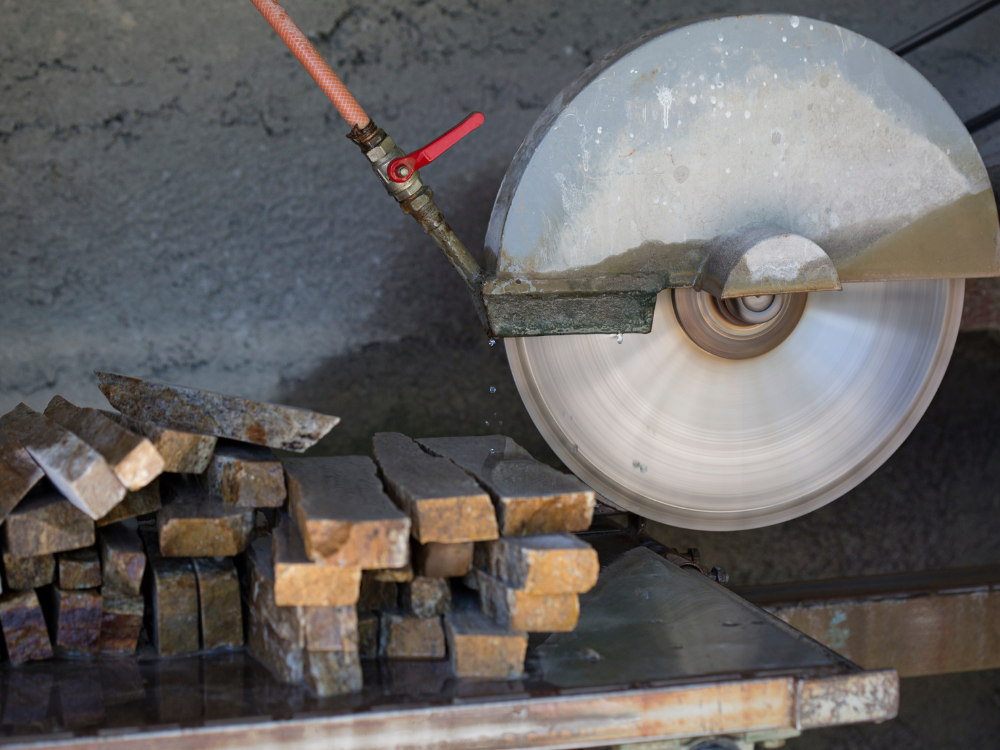The Federal Circuit and Family Court of Australia recently heard the claim of a worker who alleged he had been dismissed from his employer due to a work-related injury and his leave entitlements following.
The worker was an apprentice stonemason and following his career progression was promoted to a role as one of the company’s directors.
The employer alleges that he wasn’t provided with the appropriate personal protective equipment, and he resorted to wearing a t-shirt around his face to protect himself.
Approximately a year later, his trade school informed him that his employer was obligated to provide him with the appropriate protective equipment. He told the court he continued to work for the employer where he says he was regularly exposed to silica dust.
“Safe Work Australia states silica dust ‘is generated in workplace mechanical processes such as crushing, cutting, drilling, grinding, sawing or polishing of natural stone of man-made products that contain silica.’ Silica particles are small enough to cause health issues, including lung damage,” the Victorian Chamber of Commerce and Industry (VCCI) said in a media release.
Work Health and Safety Queensland launched a series of inspections in a safety blitz around the same time, including the employee’s workplace.
The worker was later diagnosed with silicosis and filed a claim against his employer. According to the worker, “another director at the company became ‘increasingly aggressive and intimidating’ and directed the employee back to work, despite being aware the employee could no longer perform his pre-injury role.”
The worker subsequently filed for stress leave, and the company responded by cancelling his fuel card, and his “company phone diverted, and employee’s business vehicles were also recalled, which significantly reduced his salary package.”
“Throughout the period of stress leave, the employee requested to know his leave balance, however, the business failed to respond multiple times. They ultimately stopped paying any of the employee’s allowances and wages,” it added.
Ultimately the employer removed the worker as a director of the company and terminated his employment, saying that he had taken “excessive leave and because his absence was not based on the Worker’s Compensation and Rehabilitation Act.”
The FCFCOA said that due to the silicosis diagnosis, the employer believed the worker was unable to perform his role. The court noted that there was no evidence to justify the termination of his employment.
The court ruled that the company “took adverse action against the employee” for exercising his workplace rights. Consequently, the court ordered the employer to pay $160,000 in compensation and damages to the worker.
The VCCI said the case “highlights the importance of enabling employees to exercise workplace rights and entitlements under the Fair Work Act 2009 (Cth) and other relevant legislation.”




